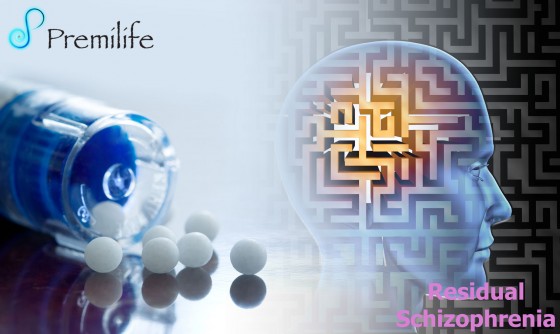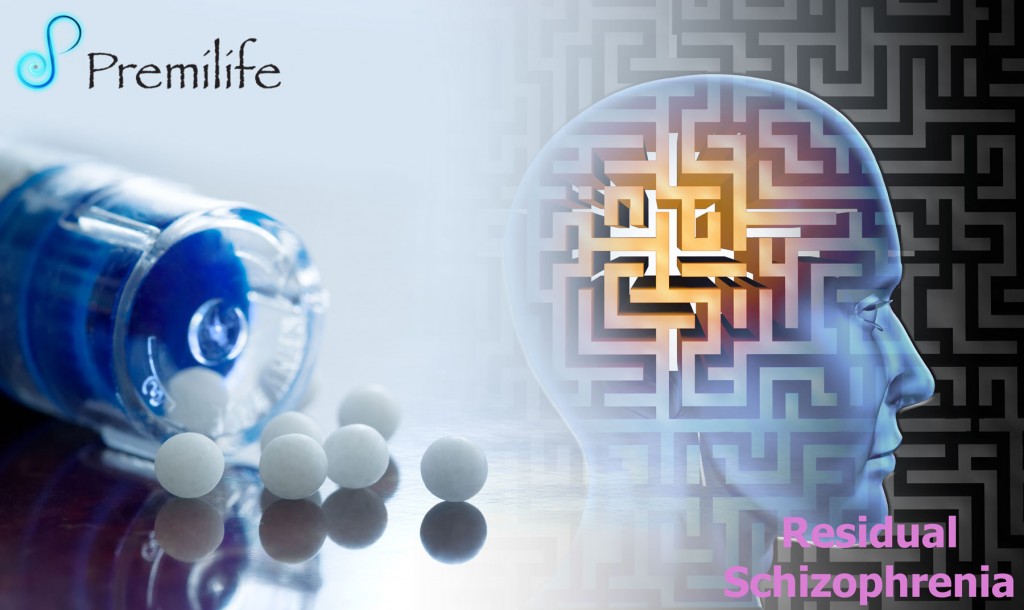Psychiatric Disorders
Residual Schizophrenia

A chronic stage in the development of a schizophrenic disorder in which there has been a clear progression from an early stage (comprising one or more episodes with psychotic symptoms meeting the general criteria for schizophrenia described above) to a later stage characterized by long-term, though not necessarily irreversible, “negative” symptoms.
• A chronic stage in the development of a schizophrenic disorder in which there has been a clear progression from an early stage (comprising one or more episodes with psychotic symptoms meeting the general criteria for schizophrenia described above) to a later stage characterized by long-term, though not necessarily irreversible, “negative” symptoms.
• For a confident diagnosis, the following requirements should be met:
• Prominent “negative” schizophrenic symptoms, i.e. psychomotor slowing, underactivity, blunting of affect, passivity and lack of initiative, poverty of quantity or content of speech, poor nonverbal communication by facial expression, eye contact, voice modulation, and posture, poor self-care and social performance;
• Evidence in the past of at least one clear-cut psychotic episode meeting the diagnostic criteria for schizophrenia;
• A period of at least 1 year during which the intensity and frequency of florid symptoms such as delusions and hallucinations have been minimal or substantially reduced and the “negative” schizophrenic syndrome has been present;
• Absence of dementia or other organic brain disease or disorder, and of chronic depression or institutionalism sufficient to explain the negative impairments.


